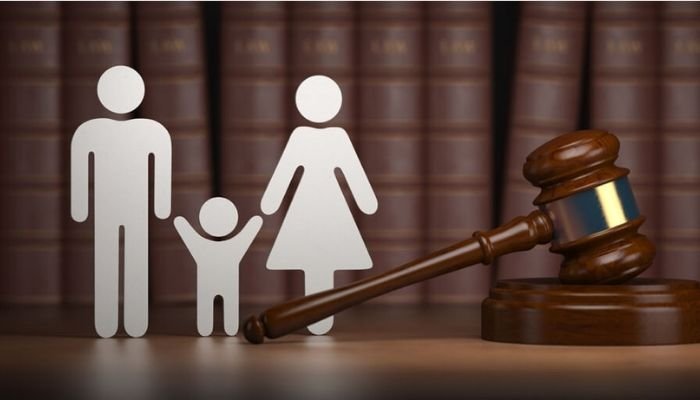
Family Law deals with legal issues related to family matters, including:
- Divorce: Processes for ending marriages and dividing assets.
- Child Custody and Support: Arrangements for child care and financial support.
- Adoption: Legal procedures for becoming an adoptive parent.
- Marital Agreements: Contracts governing property and finances in marriage.
- Domestic Violence: Legal protections for victims of abuse.
Family Law aims to address and resolve family-related disputes and protect individuals’ rights.
Child Abduction Law addresses the illegal removal or retention of a child from their legal guardians or custodians. It includes:
- International Abduction: Legal processes to resolve cases where a child is taken across borders without permission, often governed by agreements like the Hague Convention.
- Parental Abduction: Situations where one parent unlawfully takes or keeps a child away from the other parent.
- Legal Remedies: Actions to return the child to their rightful custodians, including court orders and law enforcement involvement.
- Prevention Measures: Legal frameworks and international cooperation to prevent and address abductions.
Child Abduction Law aims to protect children and ensure their return to a safe and lawful environment.
Child Adoption is the legal process through which a person or couple becomes the legal parent(s) of a child who is not biologically theirs. It involves:
- Legal Procedures: Completing legal requirements and court processes to establish parental rights.
- Types of Adoption: Includes domestic adoption (within the same country), international adoption (from another country), and foster-to-adopt arrangements.
- Eligibility and Screening: Prospective adoptive parents undergo background checks and evaluations to ensure they can provide a suitable home.
- Rights and Responsibilities: Adoptive parents gain all legal rights and responsibilities for the child, including custody and decision-making.
Adoption aims to provide a stable and loving home for children who cannot remain with their birth families.
Child Custody Law governs the legal arrangements for the care and control of a child following parental separation or divorce. Key aspects include:
- Custody Types: Determines whether a parent has physical custody (where the child lives) or legal custody (decision-making authority regarding the child’s welfare).
- Best Interests of the Child: Courts base custody decisions on what is best for the child, considering factors like emotional bonds, stability, and each parent’s ability to provide care.
- Visitation Rights: Establishes schedules for the non-custodial parent to spend time with the child.
- Modification and Enforcement: Provides mechanisms to modify custody arrangements as circumstances change and ensures compliance with custody orders.
Child Custody Law aims to ensure that children’s needs are met and their well-being is prioritized during family transitions.
Divorce Law deals with the legal process of ending a marriage and addressing related issues. Key aspects include:
- Grounds for Divorce: Reasons for dissolving a marriage, which can be fault-based (e.g., adultery) or no-fault (e.g., irreconcilable differences).
- Property Division: Legal rules for splitting marital assets and debts between spouses.
- Alimony: Financial support provided by one spouse to the other after separation, based on factors like income and length of marriage.
- Child Custody and Support: Arrangements for the care of children and financial support obligations.
Divorce Law aims to facilitate a fair resolution of marital disputes and provide legal clarity during the dissolution of marriage.
Family Law covers legal issues related to family relationships and domestic matters. It includes:
- Divorce: Legal procedures for ending a marriage and resolving related issues.
- Child Custody and Support: Arrangements for the care, custody, and financial support of children.
- Adoption: Legal process for becoming a child’s legal parent.
- Marital Agreements: Contracts such as prenuptial or postnuptial agreements governing marital property and finances.
- Domestic Violence: Legal protections and remedies for individuals facing abuse within the home.
Family Law aims to resolve family disputes, protect individuals’ rights, and ensure the welfare of family members.
Process Service involves delivering legal documents to individuals involved in a legal proceeding. Key elements include:
- Serving Documents: The process of delivering legal papers, such as summonses, complaints, or subpoenas, to the parties involved in a lawsuit.
- Legal Requirements: Ensures that documents are served according to legal rules and procedures, often requiring a neutral third party to carry out the service.
- Proof of Service: Documentation that verifies the date, time, and manner in which the documents were served, which is necessary for the legal process to proceed.
- Types of Service: Includes personal service (delivering documents directly to the individual), substituted service (leaving documents with someone at the person’s home or business), and service by mail or publication in certain cases.
Process Service ensures that all parties in a legal case are properly notified and have the opportunity to respond.
